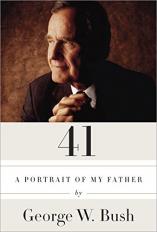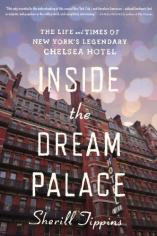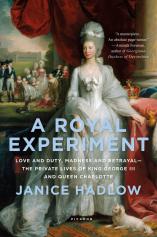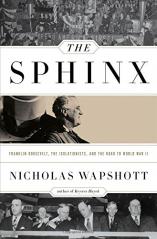November 2014
History Books Roundup: Reliving the Past
November 2014
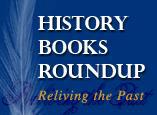
November’s roundup of History titles includes NAPOLEON: A LIFE by Andrew Roberts, the first one-volume biography to take advantage of the recent publication of Napoleon’s 33,000 letters, which radically transform our understanding of his character and motivation; CHINA 1945: Mao’s Revolution and America’s Fateful Choice, Richard Bernstein’s riveting account of the watershed moment in America’s dealings with China that forever altered the course of East-West relations; THE SPHINX: Franklin Roosevelt, the Isolationists, and the Road to World War II, in which Nicholas Wapshott recounts how an ambitious and resilient FDR devised and doggedly pursued a strategy to sway the American people to abandon isolationism and take up the mantle of the world's most powerful nation; and A ROYAL EXPERIMENT: The Private Life of King George III, Janice Hadlow’s surprising, dramatic and ultimately heartbreaking account of King George III’s radical pursuit of happiness in his private life with Queen Charlotte and their 15 children.






